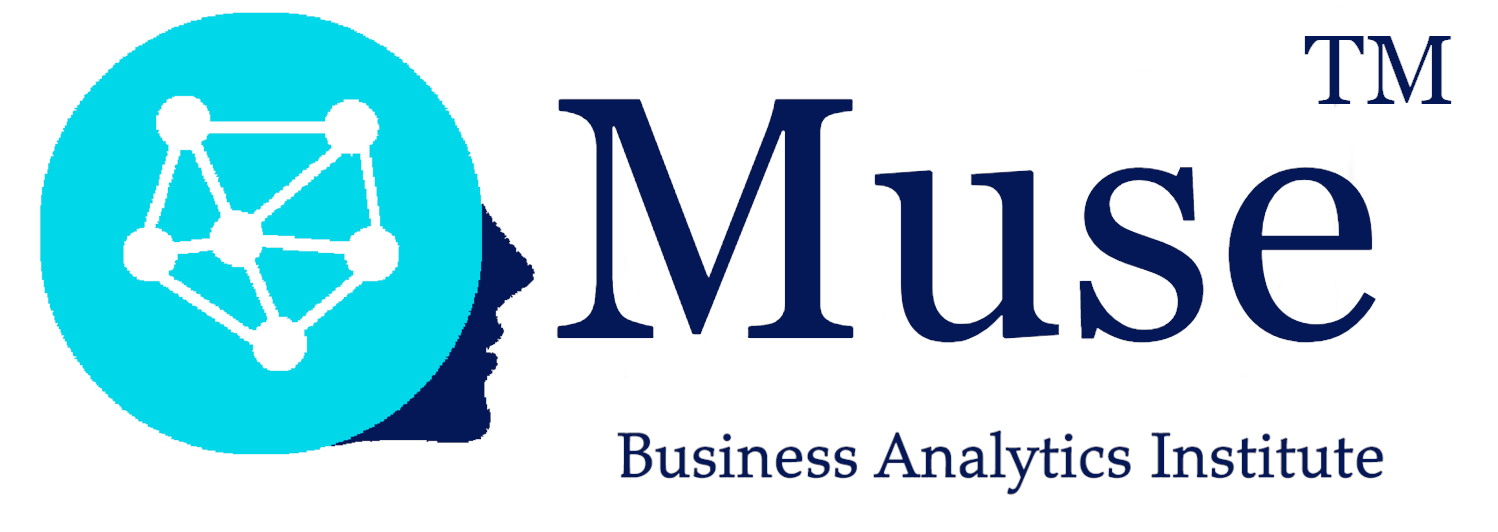Defending humankind:
Anthropocentric bias in the appreciation of AI art
Source: ScienceDirect
Recent advancements in artificial intelligence (AI) within the realm of artistic expression, encompassing mediums like music and painting, challenge deeply entrenched anthropocentric perspectives by disrupting a core tenet of human uniqueness: creative prowess.
The authors explore the results of a series of four experiments involving 1 708 participants, including a robust preregistered study, demonstrating a prevalent bias against AI-generated artwork emerges, illuminating its psychological roots.
Artworks attributed to AI are consistently perceived as less creative, eliciting diminished feelings of awe, a hallmark emotion associated with art appreciation. This bias intensifies among individuals holding stronger anthropocentric beliefs regarding creativity as an exclusively human trait.
The systematic devaluation of AI-generated art, evidenced by lowered creative appraisals and dampened emotional responses, reflects efforts to uphold a shaken anthropocentric worldview.

